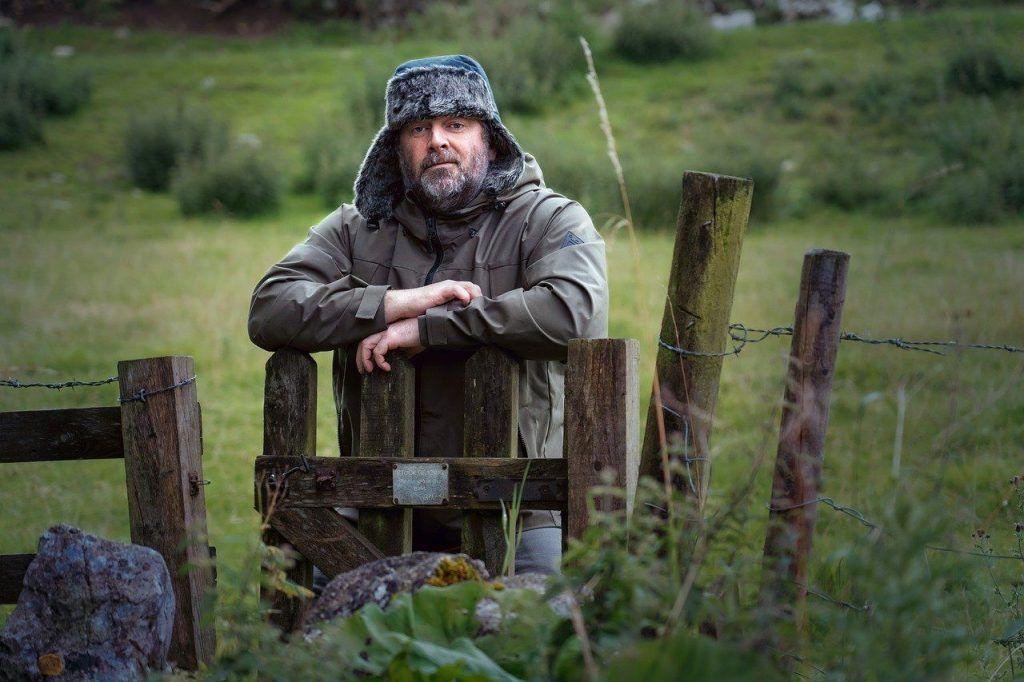3 books that genuinely changed my life (and one that probably will do it again). PART 1.
We’re just about still in the season of renewal, rebirth, resolutions and rehabilitation I think. There definitely is an urge among many of us to consider new directions and find new ways of seeing things in the early weeks of the year and many of us turn to books for our inspiration. After my last rather flippant blog I thought I would look more seriously at the books that have really made an impact on my life.
I personally have had periods where just the right book found its way into my life and helped me move forward and even re-invent myself completely. There are many powerful books out there, but there are some classic works in the genre that I really think everyone who is interested should read. Over the next few weeks I have chosen three books that have made a significant and lasting impact on my life and I give you a bit of a clue as to my own personal experience of them. In the fourth blog I’ll talk about one that I think might be the next big thing for me, and maybe for you too. So here is the first of those classic works:
The first book is, I suspect, the most well known of all ‘self-help’ books published in the last 30 years. Part of the late Stephen Covey’s purpose in writing it was to gather together the knowledge and learning of the previous fifty years’ personal development oeuvre and extrapolate the key elements that he personally saw as drivers for change.
I really believe that everyone should read this book, and apply its thinking because it so completely supports every aspect of life, from career, to personal relationships, to leisure and contribution to others. It is, in my view a highly moral book, that strongly emphasises the importance of integrity and honesty with such maxims as ‘you can’t talk yourself out of a situation you have behaved yourself into’.
I bought this book originally when I was in my twenties, but I did not begin reading it until I was half-way through my thirties. At the time I decided to actually read the book I was embarking on a new career on the bottommost rung. I was also in the early stages of a marriage and part of a new family. Reading and living the ‘7 habits’ moved me swiftly forward in my career to the point where I was earning five times as much as when I started; responsible for the communications of a major organisation; editor of a major magazine which I helped launch; and a key driver for improvement.
At the same time family life became richer and more purposeful with a real sense of family mission and I was an active member of my community and my local church.
All of this happened because I exercised the key habits and principles of Covey’s book:
-
1 – Be Proactive
I learned that I can only make change by actively doing something about it. Moaning is no good. Neither is pretending it is not my problem. I learned to focus only on the things that I could do something about, even slightly. And with those things I learned that small changes can make a big difference with persistence an planning…
-
2 – Begin with the End in Mind
This habit taught me how understand the different roles I have in life and set goals accordingly so that I can measure the changes I make across different aspects of my life. I also learned the importance of a mission in life that can be your overall direction and purpose.
-
3 – Put First Things First
With this habit I learned some incredibly effective ways of planning and taking action which remain with me to the present day. I learned to make appointments with myself, not just with others, so that I was committed to get things done rather than just talk about ‘someday’. I also learned to distinguish the important from the less important and avoid being ‘in the thick of thin things’ as he puts it.
-
4 – Think Win-Win
The principle of win-win pushed me to work more effectively with others around me. It meant that I had to ensure, in my negotiations and discussions with others, that everybody got something at the end. The full principle is ‘win-win or no deal’. If you can’t see a way that both of you can succeed then you just walk away. Looking back now I see how vital this rule was.
-
5 – Seek First to Understand, Then to be Understood
This habit is about understanding others, obviously, and especially about how you listen to others. I must admit that it is still sometimes my weakest. It can be so hard for all of us to just keep quiet and listen to others without trying to foist our opinions on them, or interrupt with our own story.
-
6 – Synergize
When you work with others it may seem that you have to compromise in order to achieve something that everybody is happy with. Synergy is when you work together to achieve something that is greater than any of you could have done individually. I think this is one of the keys to real success across every aspect of life. It seems most obvious in business, but think how much a family can achieve if all are working toward the common goal.
-
7 – Sharpen the Saw
Finally this is the habit that brings me full circle to what this sequence of blogs is about. To quote another book in the series I am looking at: Constant and Neverending Improvement (CANI). Always ensuring that we are continuing to learn in all the different roles and aspects of our lives.
This quick summary can’t even vaguely do justice to the book itself and Steven Covey’s wisdom; the stories he tells; and the amazing ‘aha’ moments you find across the way. As I say, the book enabled me to change my life dramatically. I also now realise that it was my failure to consistently maintain my direction and keep to some of the habits that probably led to some very unfortunate set-backs and tragic failures later on.
That’s where the next book picks up.
Other books to be covered in this series:
Feel the Fear and Do It Anyway – Susan Jeffers




Leave a Reply
You must be logged in to post a comment.